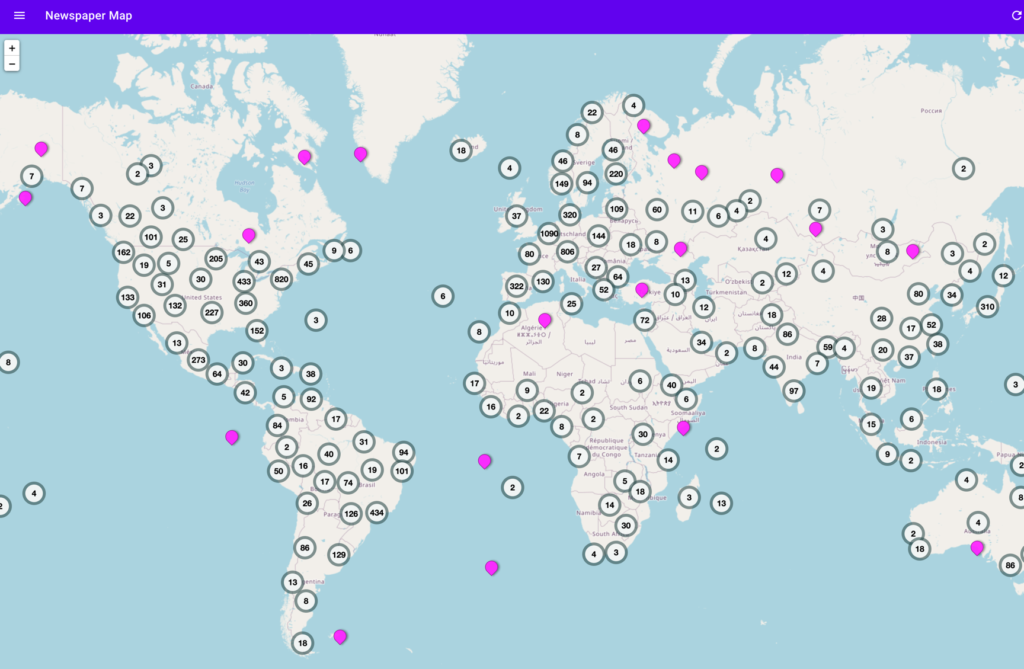Zuckerberg’s surprise announcement of Facebook morphing into Meta caught many by surprise and has received a variety of reactions. It is certainly true that Facebook faces many challenges and probably deserves criticism for its indifference to the societal problems it has created. Meta and the metaverse have been interpreted by many as a crude attempt to detract from these serious issues. A few sources (CBS) have at least made an effort to put the issues of the abuse of the collection of personal data and misinformation aside and comment on the vision of a commercial metaverse.
It seems possible to argue Zuckerberg offers a vision of the future of virtual reality (VR) and augmented reality (AR). Certainly, there was a huge financial bet on this vision in the costly acquisition of Oculus. The immersive nature of Oculus offers a way to differentiate this vision from some modern reincarnation of Second Life.
I personally don’t get the social potential of VR. A better Zoom experience perhaps, but not improved avatars. I do see educational potential in VR. Think of educational VR as allowing for immersive educational simulations and you may begin to see the potential. AR is what has the most appeal for me. In imagining the future of what I described as layering, AR as layering information on life. You get a feel for the potential if you have ever used Google lens – a way to identify objects and link to information about these objects. Having this opportunity in daily life in real-time, seems doable and useful. It will take the resources of companies such as Facebook (Meta) to explore and move the field forward.
I see Mark Zuckerberg and Elon Musk in similar ways. They seem selfed absorbed and capable of generating a wake of damage, but certain accomplishments (e.g., Musk’s focus on electrical energy in transportation and advances in battery design) seem great advances for society. It is partly up to us to sort out the good from the weirdness.






You must be logged in to post a comment.